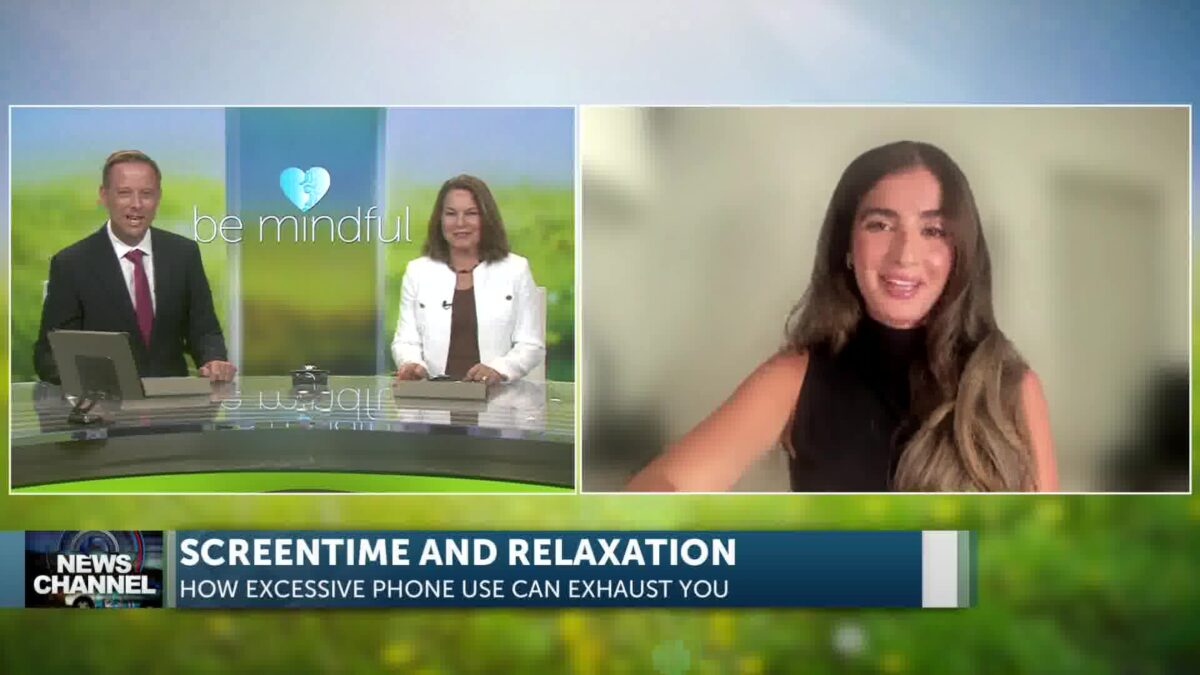How Excessive Screen Time Hurts Relaxation and Mental Health

Christer Schmidt
SANTA BARBARA, Calif. — Screen addiction is making it harder for people to relax — even on vacation — according to Licensed Clinical Mental Health Counselor Brianna Paruolo, who says constant digital connection can fuel burnout.
Paruolo, who operates a private psychotherapy practice, said she’s seeing “an overwhelming trend around the belief of self-worth being tied to how online you are, particularly being available.” She noted that work emails, texts and the temptation to scroll can create “an intense pressure of being on, even when you do have scheduled time off.”
Certain personality traits can make it harder to unplug, she added, especially for those in roles where others depend on them — whether in the workplace, within a family, or in the community. “If I can’t do it, who else will? So it’s a very hard and tricky balance,” she said.
Paruolo cautioned that without regular breaks from screens, “you’re gonna burn out,” urging people to “give that energy to yourself and start small to try to decompress.” She compared the pull of phone notifications to gambling’s use of intermittent reinforcement. “You don’t know necessarily when that text or email or job offer is going to come through, but when it does, you want to chase that good feeling again,” she said.
Rather than quitting cold turkey, Paruolo recommends starting with “micro changes.” She advises people to first observe what they’re searching for online and then add small hurdles to break habits — such as using a non-dominant hand to pick up the phone.
She also encourages reflecting on personal values and relationships outside of technology. “Is my importance solely tied to my phone? What meaning and value am I doing outside in those relationships? Can I nurture them more as well as nurturing myself?” she said.